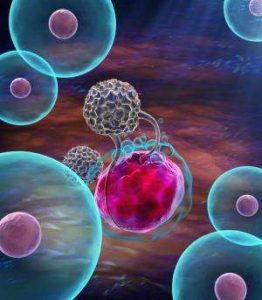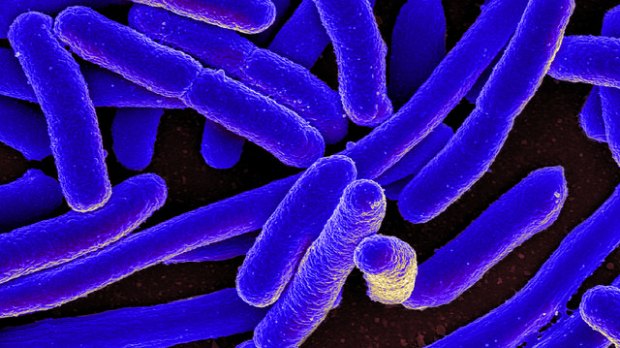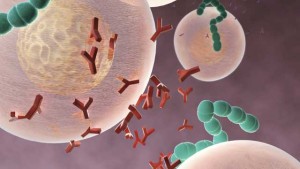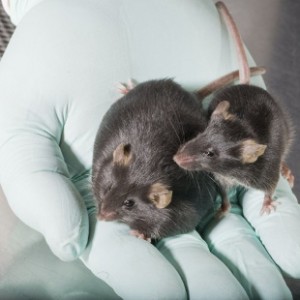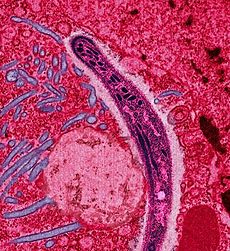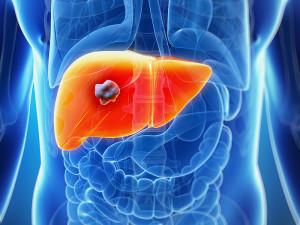Scientists have identified a molecule that stops gut microbes from breaking down the primary drug used to treat Parkinson’s disease — a step towards increasing the drug’s effectiveness.
People with Parkinson’s have low levels of the brain chemical dopamine. The drug levodopa is the go-to treatment for raising those levels, but microbes in the human gut gobble up a considerable proportion of the drug before it reaches the brain.
Emily Balskus at Harvard University in Cambridge, Massachusetts, Peter Turnbaugh at the University of California, San Francisco, and their colleagues trawled through a database of bacterial DNA looking for microbes capable of breaking down levodopa. The team found that the bacterium Enterococcus faecalis, which is found in the gut, processes the drug into dopamine, which is unable to cross into the brain.
The researchers then fed dopamine to a variety of bacteria living in human faeces. Only one microbe, Eggerthella lenta, could transform the dopamine into another compound that might cause some of levodopa’s known side effects.
The team also found that an amino-acid-like molecule blocks the activity of E. faecalis without killing the microbe, and increases levodopa levels when given to mice.
